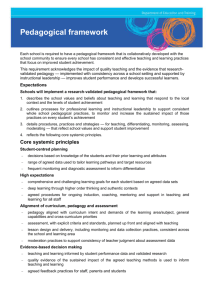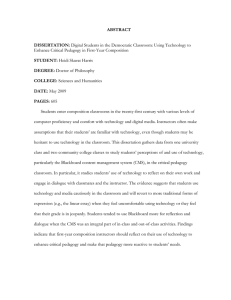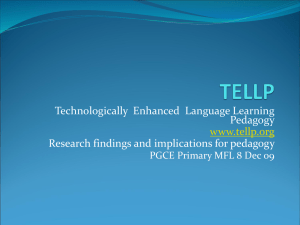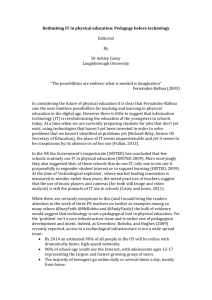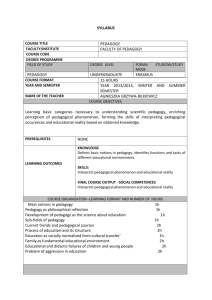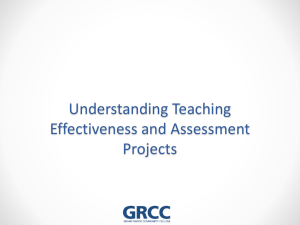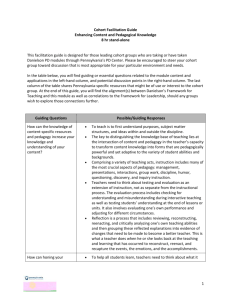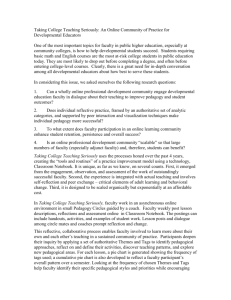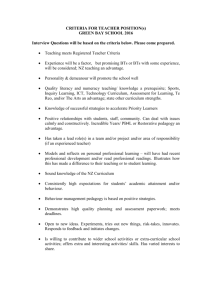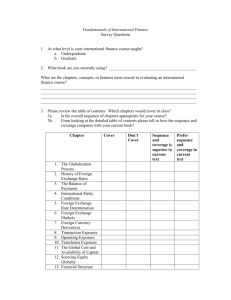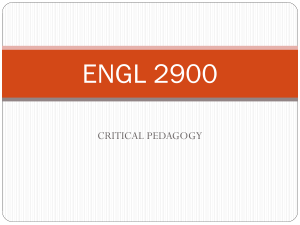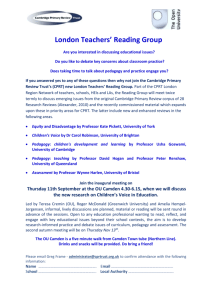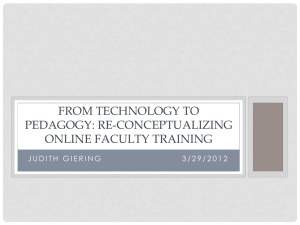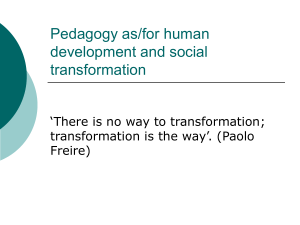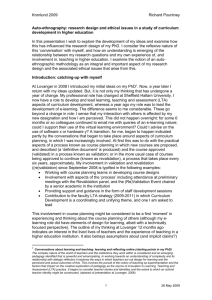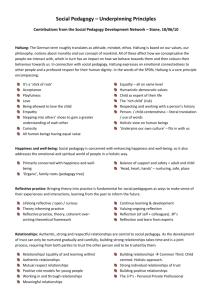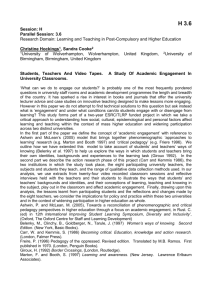1. Module title: Family education (pedagogy) 2. Module code: PPP
advertisement
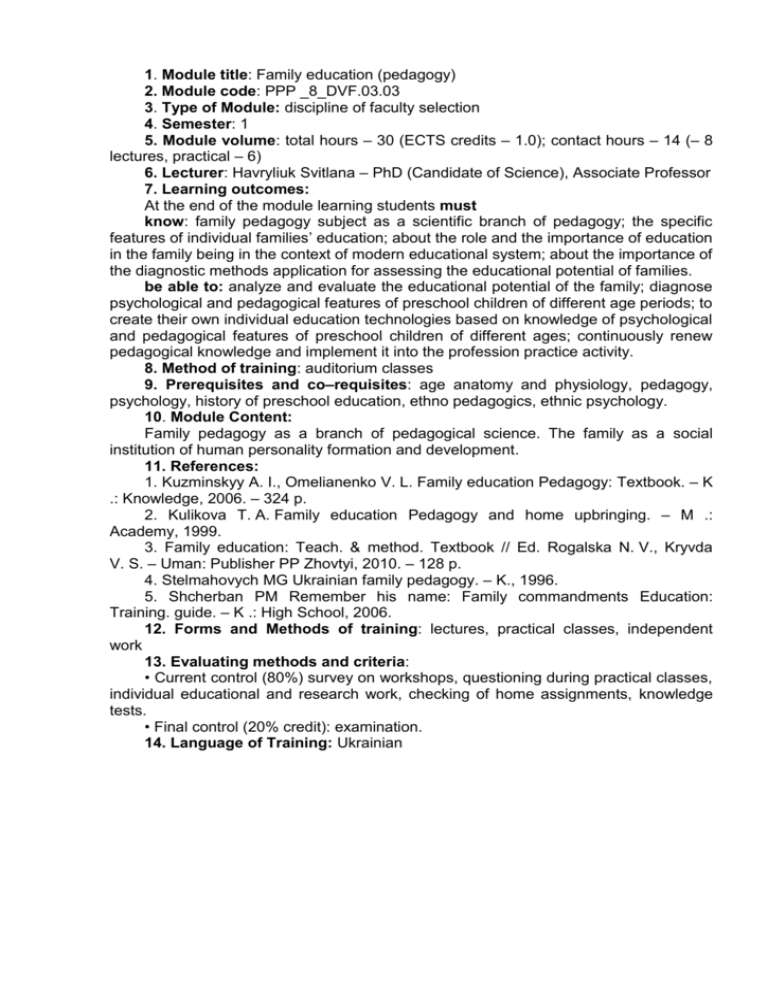
1. Module title: Family education (pedagogy) 2. Module code: PPP _8_DVF.03.03 3. Type of Module: discipline of faculty selection 4. Semester: 1 5. Module volume: total hours – 30 (ECTS credits – 1.0); contact hours – 14 (– 8 lectures, practical – 6) 6. Lecturer: Havryliuk Svitlana – PhD (Candidate of Science), Associate Professor 7. Learning outcomes: At the end of the module learning students must know: family pedagogy subject as a scientific branch of pedagogy; the specific features of individual families’ education; about the role and the importance of education in the family being in the context of modern educational system; about the importance of the diagnostic methods application for assessing the educational potential of families. be able to: analyze and evaluate the educational potential of the family; diagnose psychological and pedagogical features of preschool children of different age periods; to create their own individual education technologies based on knowledge of psychological and pedagogical features of preschool children of different ages; continuously renew pedagogical knowledge and implement it into the profession practice activity. 8. Method of training: auditorium classes 9. Prerequisites and co–requisites: age anatomy and physiology, pedagogy, psychology, history of preschool education, ethno pedagogics, ethnic psychology. 10. Module Content: Family pedagogy as a branch of pedagogical science. The family as a social institution of human personality formation and development. 11. References: 1. Kuzminskyy A. I., Omelianenko V. L. Family education Pedagogy: Textbook. – K .: Knowledge, 2006. – 324 p. 2. Kulikova T. A. Family education Pedagogy and home upbringing. – M .: Academy, 1999. 3. Family education: Teach. & method. Textbook // Ed. Rogalska N. V., Kryvda V. S. – Uman: Publisher PP Zhovtyi, 2010. – 128 p. 4. Stelmahovych MG Ukrainian family pedagogy. – K., 1996. 5. Shcherban PM Remember his name: Family commandments Education: Training. guide. – K .: High School, 2006. 12. Forms and Methods of training: lectures, practical classes, independent work 13. Evaluating methods and criteria: • Current control (80%) survey on workshops, questioning during practical classes, individual educational and research work, checking of home assignments, knowledge tests. • Final control (20% credit): examination. 14. Language of Training: Ukrainian
